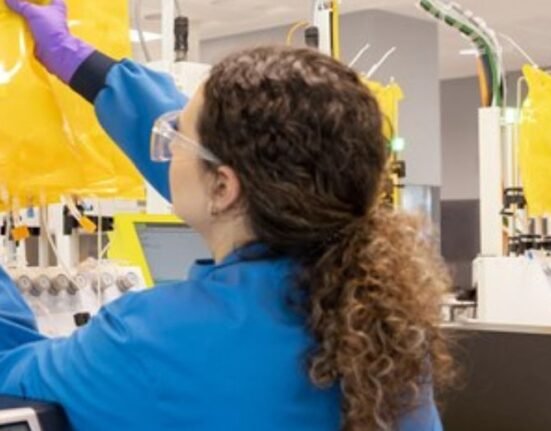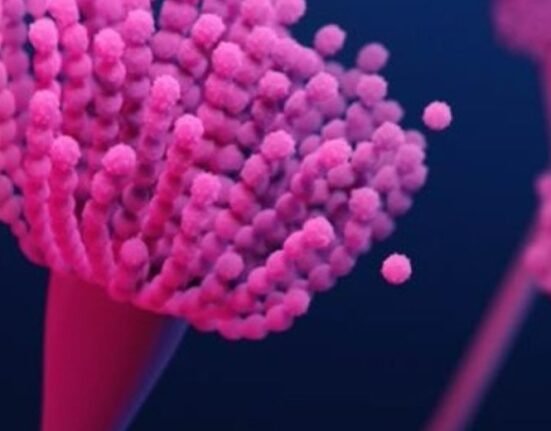HQ Team
July 8, 2025: Switzerland’s Basilea Pharmaceutica Ltd. has received an additional $39 million from the US-based Biomedical Advanced Research and Development Authority to continue to advance the end-stage trials of antifungals.
The BARDA is part of the Administration for Strategic Preparedness and Response within the US Department of Health and Human Services. It entered into a multi-year Other Transaction Agreement (OTA) with Basilea in September last year.
The pact allows for potential funding of up to $268 million over 12 years to develop the assets of the Allschwil-based commercial-stage company. It had received $29 million at the time of signing the agreement.
The initial BARDA funds have been committed to support the development of the antifungals fosmanogepix and BAL2062. BARDA’s financial contribution is assumed to be about 60% of the total costs over the term of the OTA.
Intravenous, oral
Under the OTA, BARDA and Basilea can jointly decide to move candidates into and out of the portfolio based on product performance, technical risk, and programmatic need. “This flexibility results in significant time, effort, and cost savings for both partners,” according to a previous statement.
Fosmanogepix, available in both intravenous and oral forms, is a clinical-stage antifungal. It has received Fast Track and Orphan Drug designations from the US Food and Drug Administration for seven separate indications and was designated as a Qualified Infectious Disease Product (QIDP) for the treatment of four indications.
An end-stage study evaluating fosmanogepix in the treatment of adult patients with candidemia and invasive candidiasis is ongoing, and the initiation of a second last-stage study, in the treatment of adult patients with invasive mould infections, is expected soon, according to a statement.
BAL2062 is an antifungal derived from a natural product and has demonstrated fungicidal activity against clinically important moulds. The drug candidate has QIDP, Orphan Drug and Fast Track designation for invasive aspergillosis, a life-threatening infection that predominantly affects immunocompromised patients.
Safety and tolerability have been demonstrated in previously completed early studies with single and multiple ascending intravenous doses.
Resistance to therapies
“Both compounds offer a novel mechanism of action and represent new therapeutic options for patients with aspergillosis, candidiasis or other life-threatening fungal infections,” said David Veitch, Chief Executive Officer of Basilea.
“These infections primarily affect patients with weakened immune systems, such as cancer or transplant patients. Infections with difficult-to-treat rare moulds or with resistance to current therapies are increasing. Hence, there continues to be a high medical need for new innovative antifungals,” he said.
“This second tranche of funding within the BARDA OTA will support the ongoing phase 3 study with fosmanogepix in yeast infections and the second phase 3 study, in mould infections, which is expected to start soon.
“It also provides funding for the preparation for the start of the phase 2 study for our antifungal BAL2062,” he said.
Invasive aspergillosis and invasive infections with rare moulds are infections that predominantly affect immunocompromised patients, including patients with hematologic malignancies (blood cancer), transplant patients, or patients with other immunodeficiency disorders. These infections are associated with high morbidity and mortality.








